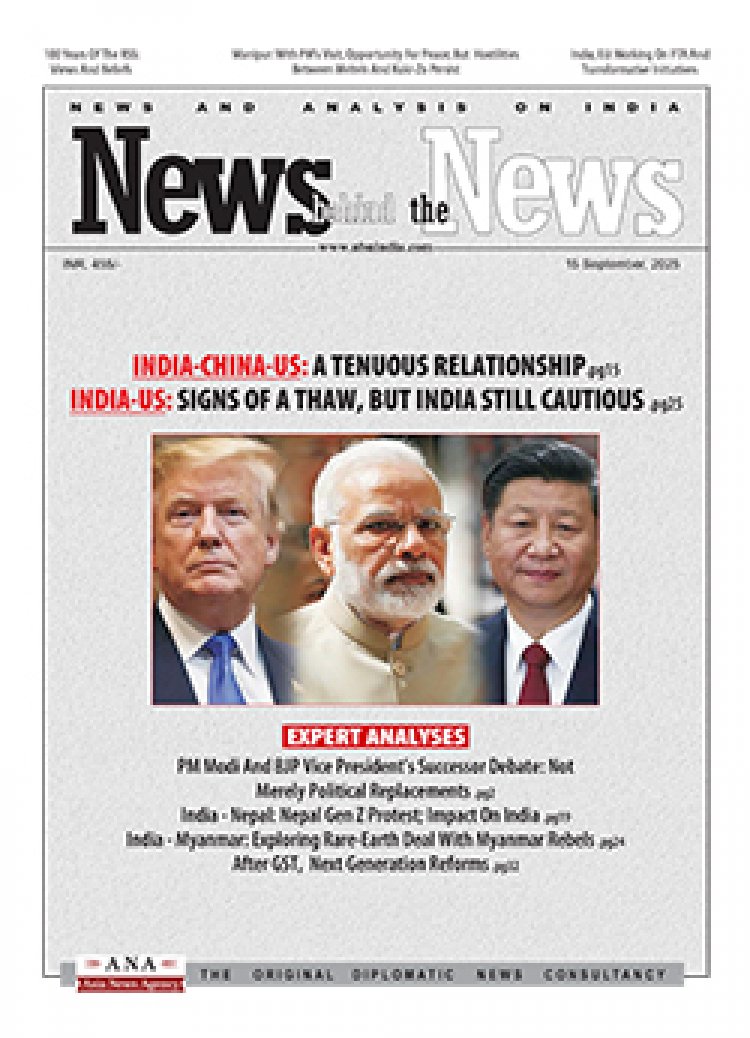Economy: The Good and the Bad
STORIES, ANALYSES, EXPERT VIEWS

India is doing much better than before on poverty, inequality, growth, per capita income, nutrition and digitisation. It is on a path of compounding that will really show results in the next decade.
Poverty levels, writes Monika Halan (best-selling author of the Let’s Talk series of books on money) “are “dramatically down over the past decade. Using World Bank data, poverty as measured by the number of people living on less than $3 a day has shrunk from just over 27% in 2011 to slightly higher than 5% in 2022. This has lifted almost 270 million people out of extreme poverty in a decade. Reduction in poverty has a direct impact on inequality…..” which “has indeed fallen…”
The latest data on consumption shows a trend of higher levels of protein, dairy, fruit and vegetable consumption, especially in the bottom 20% of the population. The impact on health should begin to show up in the next decade.
The macro picture thus “looks good with both inflation and fiscal deficit under control….”
Deeper problems
But, cautions Halan “there are deep problems that are holding back a move to the next gear to pick up speed. These include deep endemic corruption, lack of judicial reforms, dysfunctional municipal corporations, and a compliance and inspector ‘raj’ that adds layers of costs in terms of both money and time."
Despite the fact that India is the fastest-growing economy in the world with an expected GDP growth of 6.5% in the current year, the “per capita income at $2,700 in 2024 makes India stand far lower than the global average….to achieve higher levels of development and per capita income, a 6.5% growth rate is not enough. There are serious roadblocks to stepping on the accelerator, and these are not easy knots to untangle. The lack of judicial reforms is one of the top contenders for what is holding India back, and related to this are the delays and roadblocks in contract enforcement, property registration, and resolving a commercial dispute.
“The others are endemic corruption, regulatory cholesterol and the inspector raj that entrepreneurs and citizens are subjected to. A report from the World Economic Forum pins bribes at 50% of the project cost in infrastructure and real estate….”
In the end, “the data seems to indicate that we are well on our journey. There are potholes and road blocks, but the grand strategy of pulling out of poverty towards the aspiration of having enough is truly in play."















